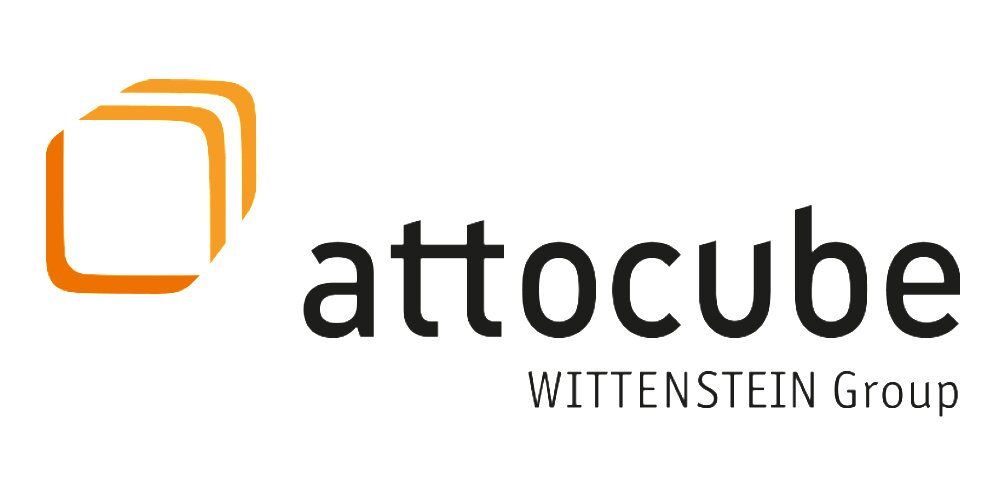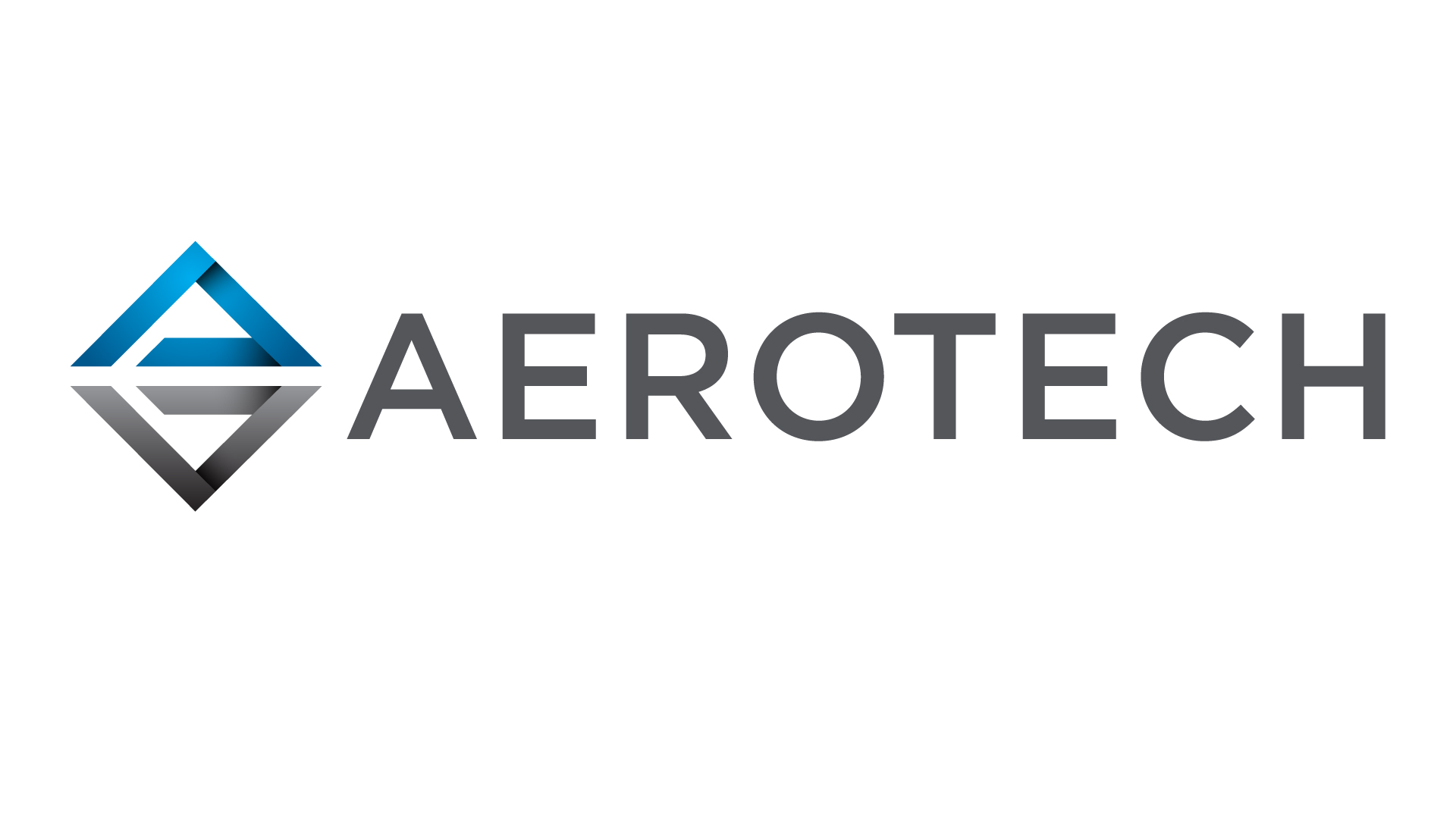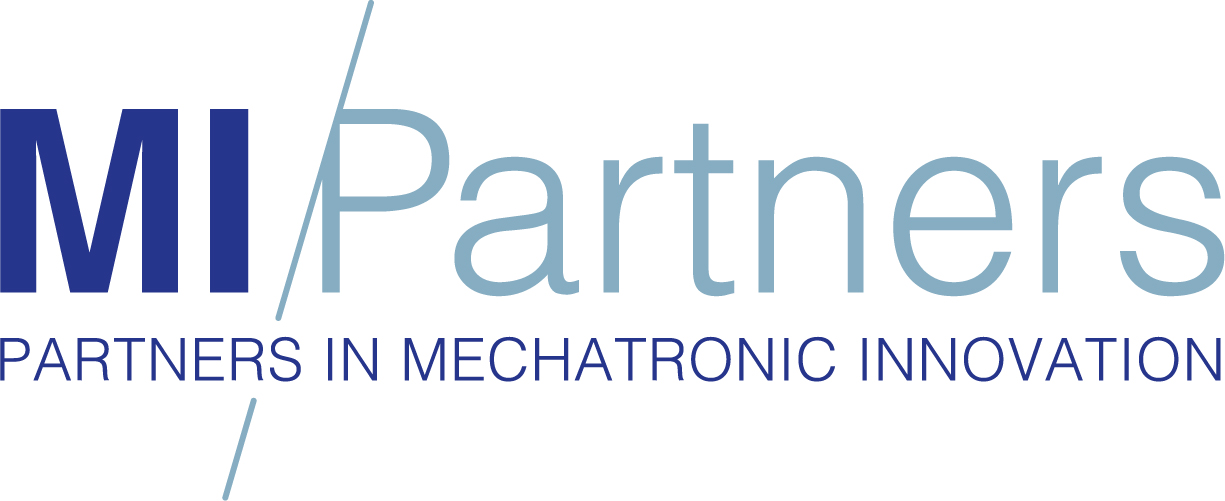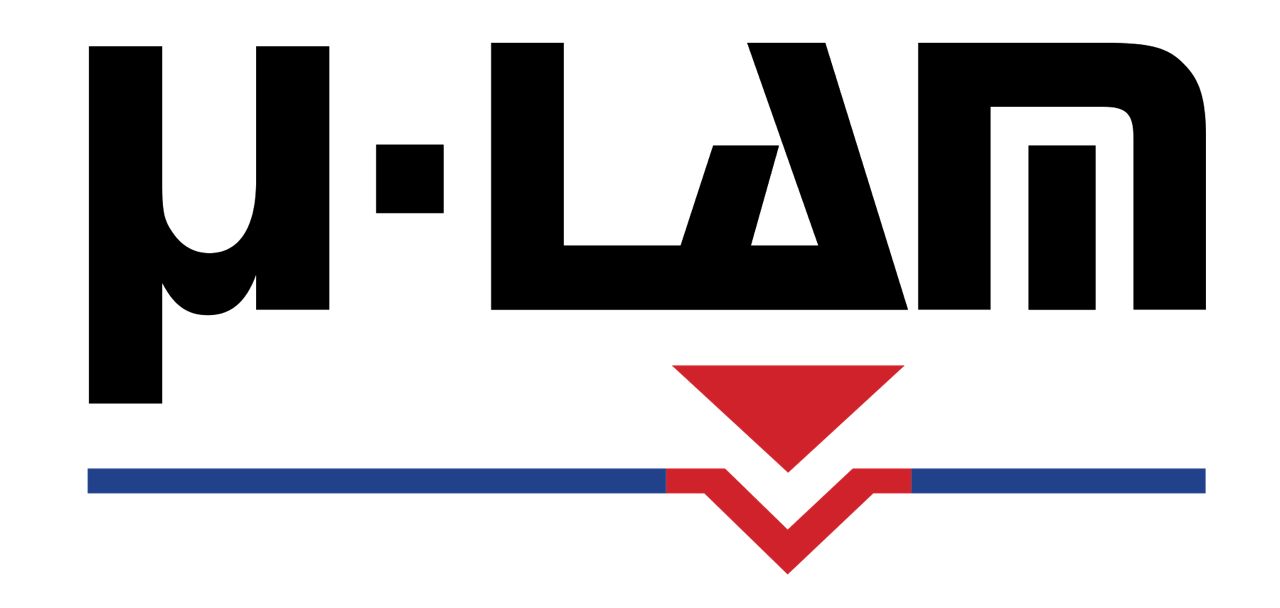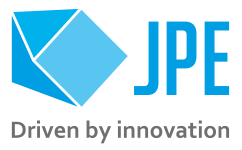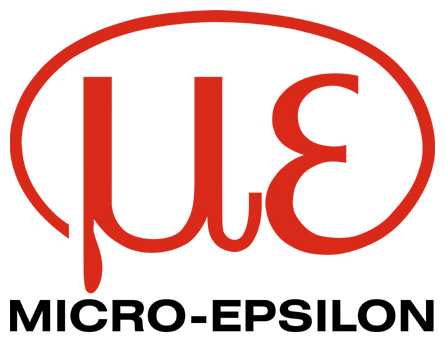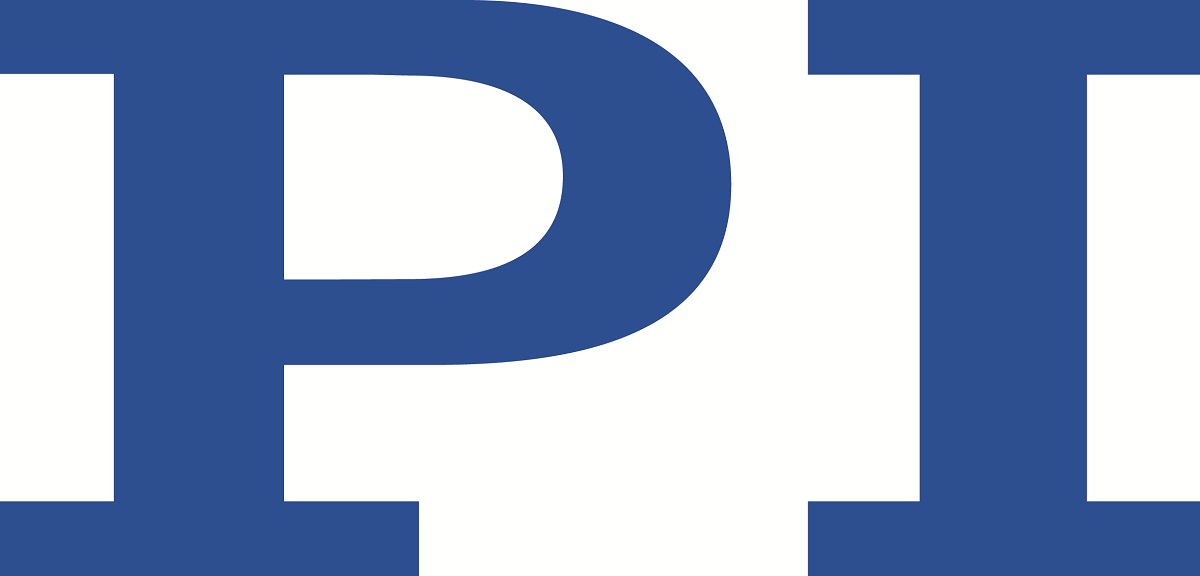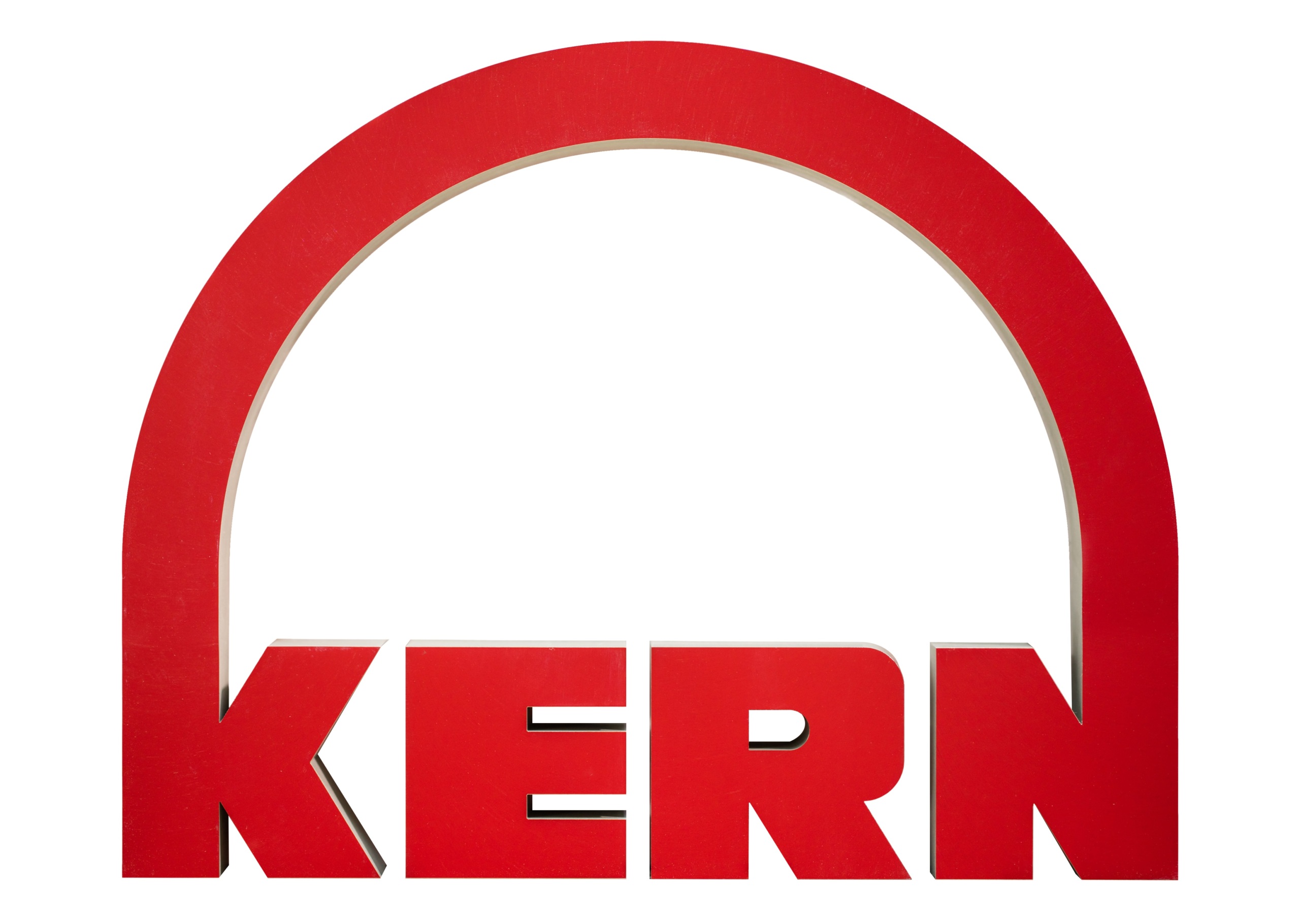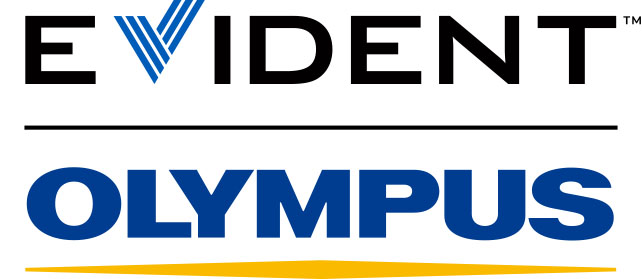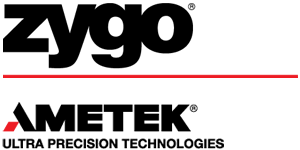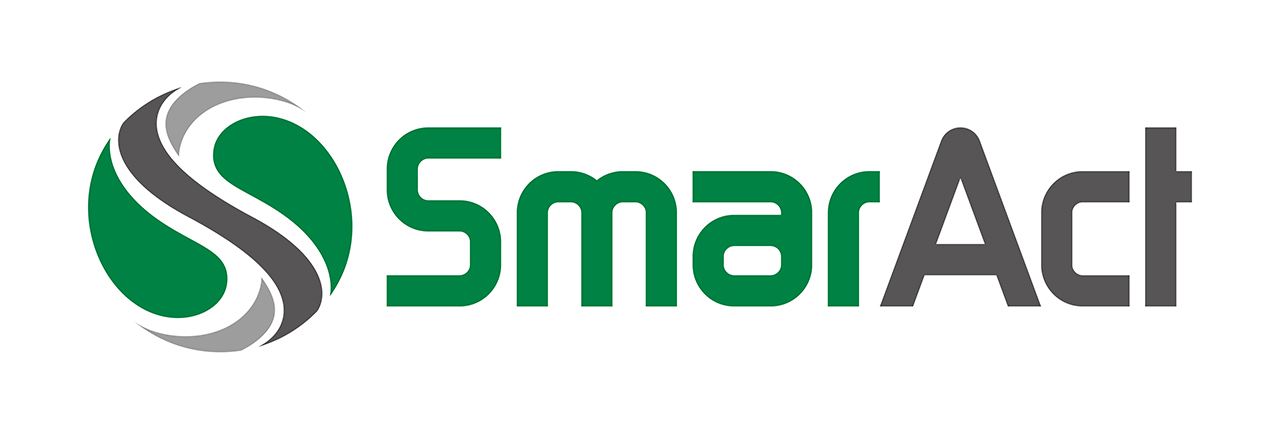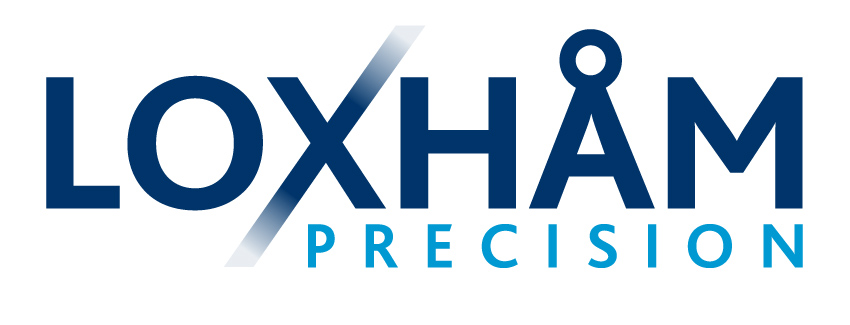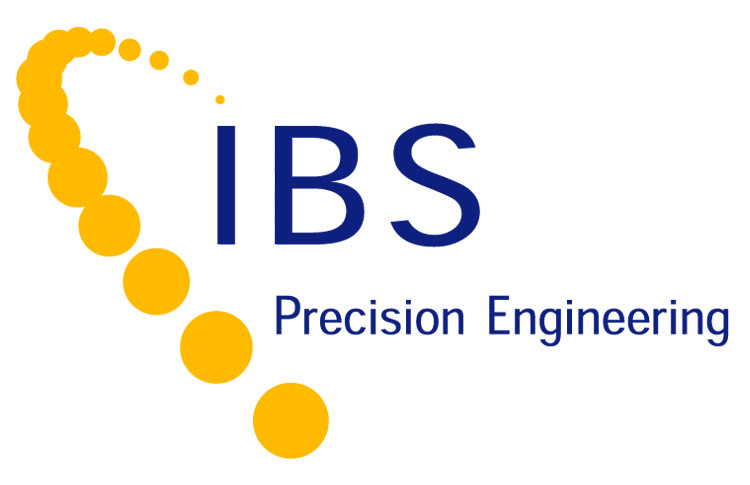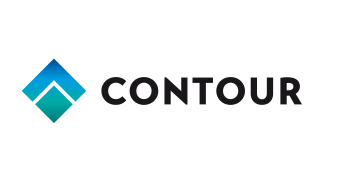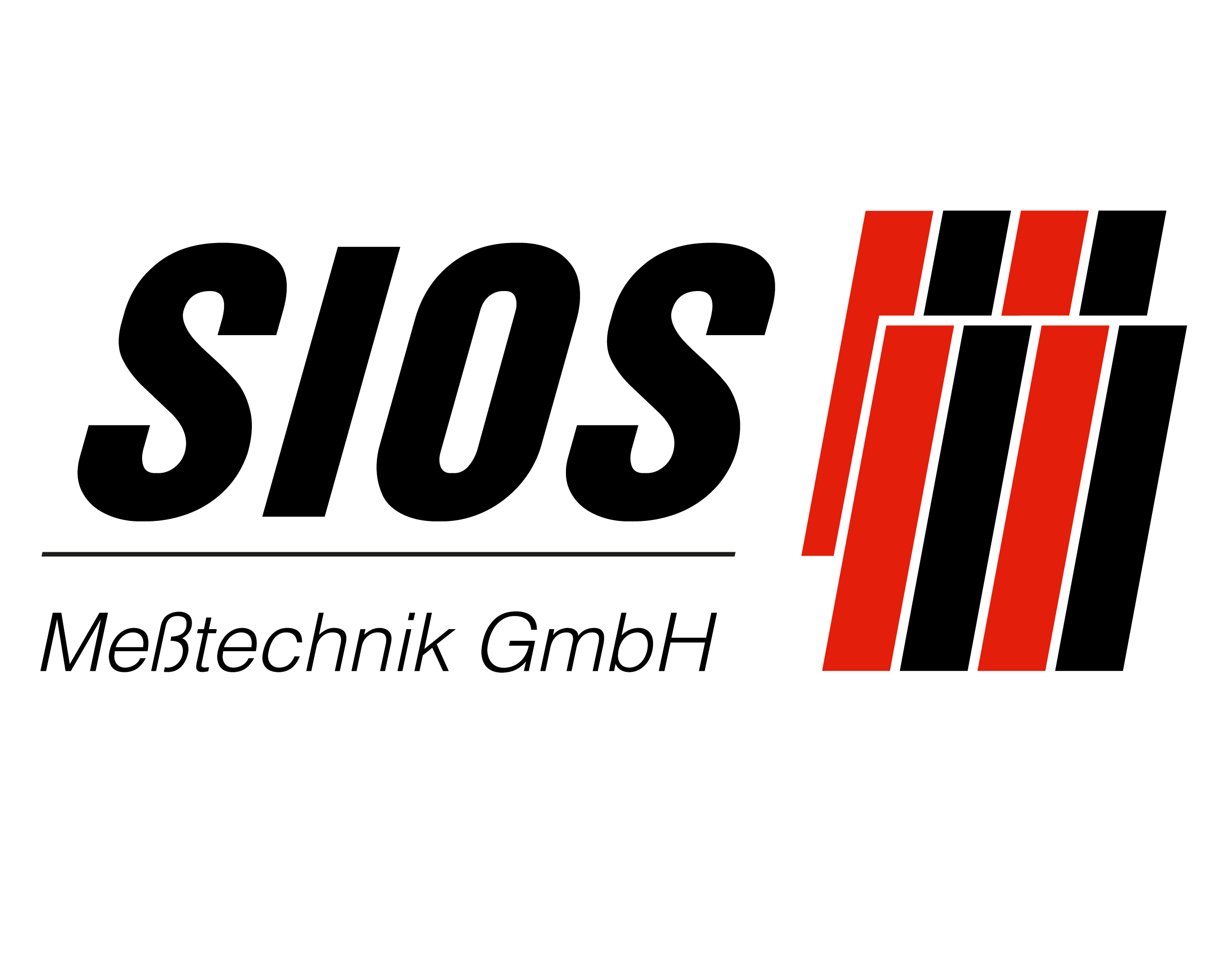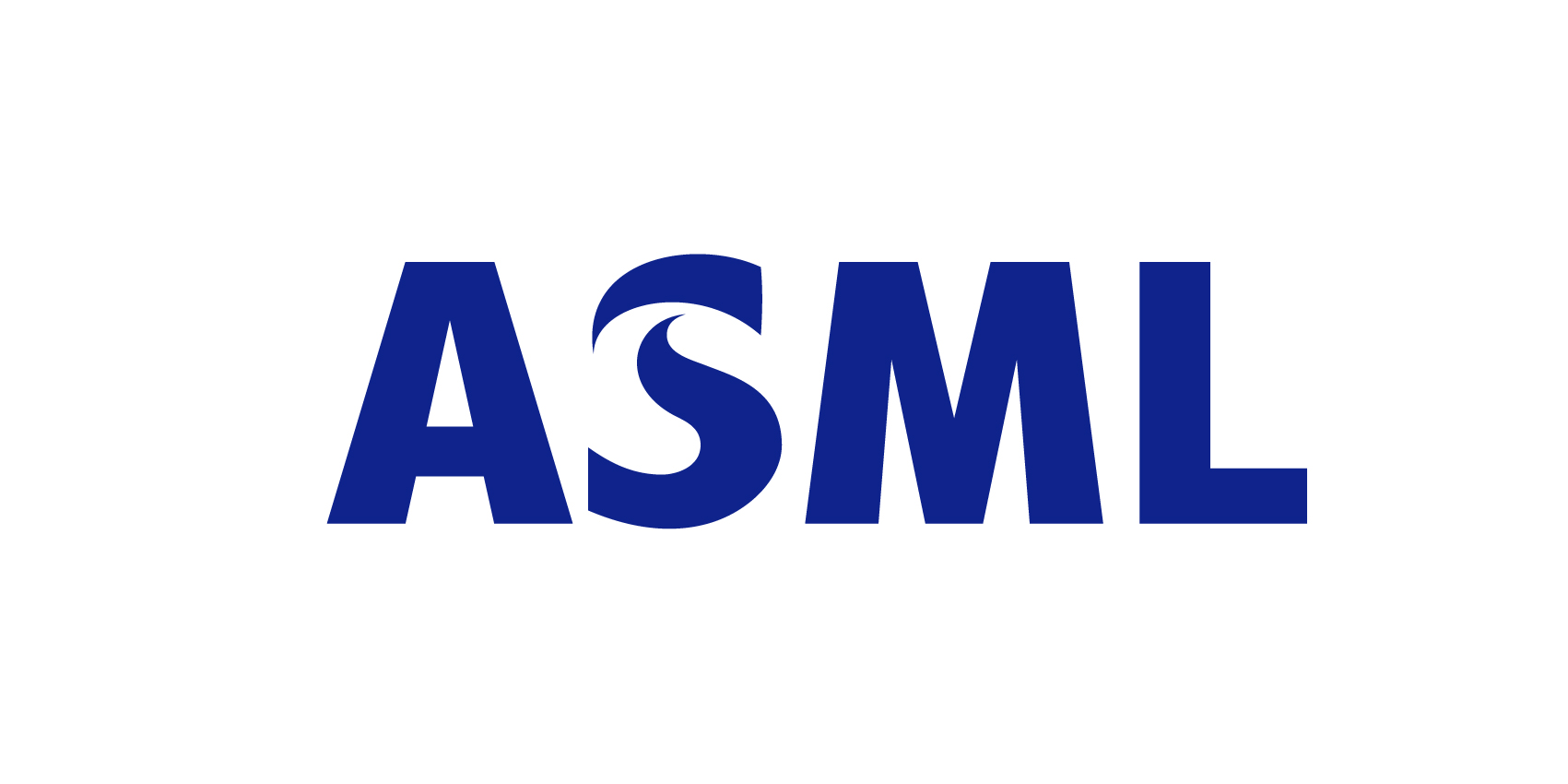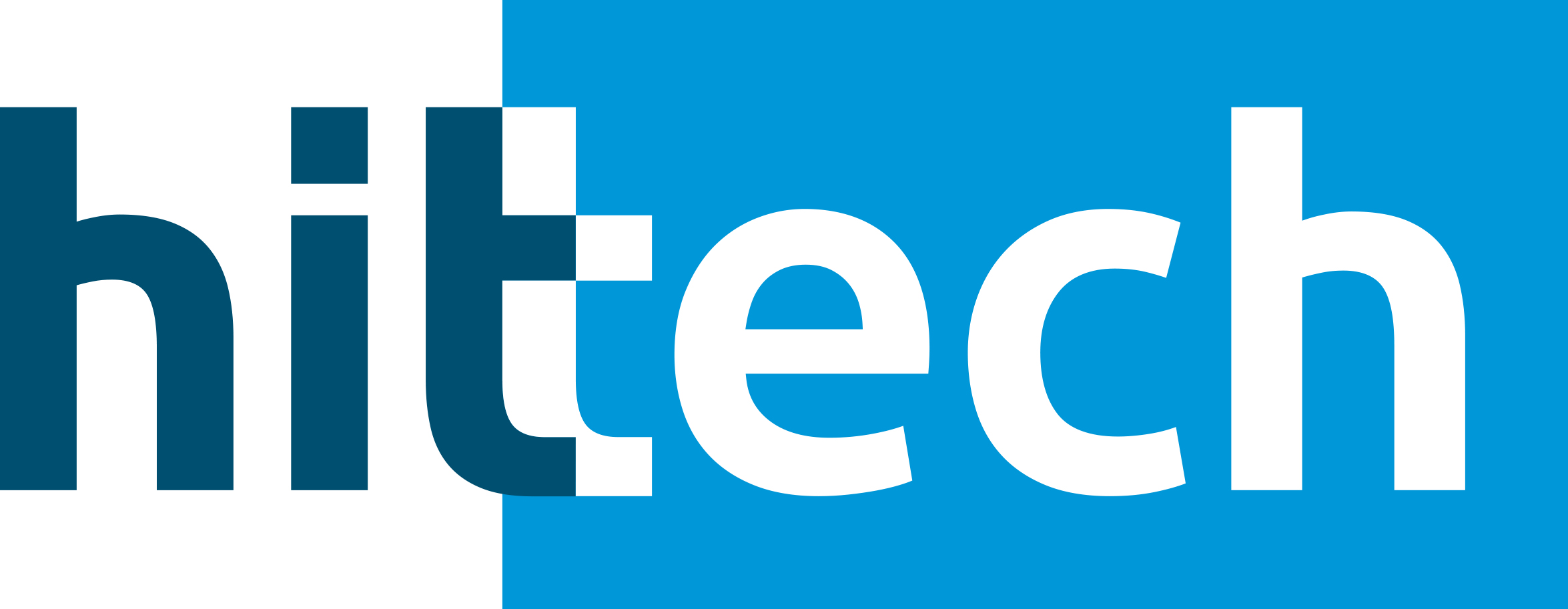Project Description
22nd International Conference & Exhibition
30th May – 3rd June 2022, Geneva, Switzerland
Monday 30th May to Friday 3rd June 2022
Hilton Geneva Hotel and Conference Centre, Geneva, Switzerland
euspen’s international conference and exhibition provides a leading forum for industrialists and academics alike to review the best of world-wide industrial innovation, progressive research and technology developments. Delegates will gain an insight into the precision engineering and nanotechnology priorities of Europe’s leading industrial nation.
This event offers the possibility to see latest advances in traditional precision engineering fields such as metrology, ultra precision machining, additive and replication processes, precision mechatronic systems & control and precision cutting processes. Furthermore, topics will be addressed covering robotics and automation, precision design in large scale applications and applications of precision engineering in biomedical sciences.
The organising committee and local host for euspen‘s 22nd International Conference and Exhibition is Prof. Enrico Savio, University of Padova, IT; Dr Hélène Mainaud Durand, CERN, CH; Prof. Liam Blunt from University of Huddersfield, UK and euspen HQ
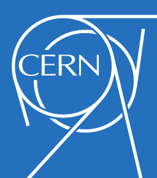
Themes and Call for Abstracts:
21st International Conference submissions
Announcement & Call for Abstracts
Come and join your international peers and maintain a leading edge on technology, customers, partners and suppliers. Access the greatest minds in micro and nano research and development. Share knowledge and information and stimulate debates.
Themes
- Measuring Instruments and Machine Tools: Design and Performance
- Mechatronics, Control, Handling
- Metrology
- Advances in Precision Engineering and Nanotechnologies
- Mechanical Manufacturing Processes
- Non-Mechanical Manufacturing Processes
- Replication and Additive Manufacturing
- Applications of Precision Engineering in Biomedical Sciences
- Automation, Robotics, Machine Learning
- Large Scale Precision Engineering: Design, Metrology & Applications
Submission of abstracts
Abstracts are expected to describe original work, previously unpublished and should indicate new and significant advances and their importance. Initially short abstracts comprising of approximately 300 words in length should be submitted online using the below links.
Following review of short abstracts, authors will be provided with instructions for submitting extended abstracts of up to four A4 pages. On acceptance of extended abstracts, authors are notified of presentation mode (poster/oral). All papers accepted into the conference proceedings are included in Elsevier’s citation index and will also be indexed on to euspen’s Knowledge Base which is indexed via Google Scholar. The final decision on acceptance of all papers is made by the Editor and International Scientific Committee of the conference.
The invitation to submit an abstract does not constitute an offer to pay travel, accommodation or registration costs associated with the conference. Similarly, no speaker fee is paid to successful participants. All speakers must register for the conference and transfer registration fee. In specific cases the organising committee reserves the right to deviate from the standard procedure.
“Oral and poster sessions revealing the latest research and state-of-the-art technology”
Key Dates:
24th September 2021 : Deadline for online short abstract submissions
1st October 2021 : Notification of abstract acceptance to authors
14th January 2022 : Deadline for online extended abstract submissions
18th February 2022 : Deadline for Scholarship Applications
18th March 2022 : Notification of extended abstract award (oral/poster)
Conference Fees
The conference delegate registration fee includes :-
- Free access to the welcome reception to be held on the evening of Monday 30th May 2022
- A full electronic copy of the proceedings on a euspen USB drive
- Free access to the technical workshops held on the afternoon of Monday 30th May 2022
- Free refreshments through-out the conference
- Free three course Lunch on each of the conference days
- Access to all of the keynote and technical presentations held through-out the conference
- Access to the exhibitors drinks reception held on Tuesday 31st May 2022
* Please note Early Bird fees include an early registration discount of €65 and the discounted rate will expire on 15th April 2022.
- €795 – euspen Member Rate – Early Bird*
- €895 – Non-Member Rate – Early Bird*
- €475– Student Rate – Early Bird*
- €860 – euspen Member Rate – Standard Rate
- €960 – Non Member Rate – Standard Rate
- €540 – Student Member Rate – Standard Rate
- €55 – Printed Conference Proceedings
- €0 – USB copy of Conference Proceeding (free for all delegates)
- €95 – Networking Dinner
- €365 – Exhibitor Delegate Registration (only for confirmed booths)
- €195 – Half day tutorial
- €245 – Full day tutorial
- €0 – Company Tours (free of charge, courtesy of CERN)
- €0 – Monday Workshops (free for all delegates)
- €255 – One Day Access
- €530 – Two Day Access
Registration
We are so excited to be back in-person running our first international Conference since the pandemic and look forward to welcoming you to Geneva. Please register using our in-person registration form.
For those delegates unable to travel due to exceptional circumstances such as Governmental travel restrictions etc, you may select the virtual registration forms. euspen will provide a hybrid option for the conference days of Tuesday, Wednesday and Thursday.
The euspen international conference complies with international VAT/IVA/VAT MOSS rules and as such the relevant Standard VAT dependent upon your Country (UK or EU) will be applied to delegate registration invoices if attending virtually. You should read the following rules and select Virtual Registration A or Virtual Registration B dependent on which category you are in.
Select Virtual Registration A if any of the following applies:-
- You are based within the UK or Europe
- You are a private individual or organisation/business
- You are representing a European company that is not VAT/IVA registered
- This form will apply VAT according to your own Country (UK or European). Please note your VAT rate will be correctly applied once you have selected your country from the billing information screen.
Select Virtual Registration B if any of the following applies:-
- You are representing a business/organisation outside Europe
- This form does not apply VAT. This is in accordance with VAT exempt rules.
The Precision Engineering community is quite small and the euspen annual event is a great way to make and maintain contact with world-leading experts in the field, many of whom offer highly relevant tutorial sessions at the conferences. We at Cranfield Precision specialise in the design and manufacture of high precision machine systems, it would be unthinkable for us not to take advantage of the technical program, networking and educational opportunities on offer at euspen conferences. Since around 2011, we have been exhibitors at the annual conference exhibition, we have found this to be an excellent way of making contact with new and existing customers. We can trace the initial contact made with many of our current and past customers back to the euspen conference and exhibition, so the cost of attending and exhibiting has paid for itself many times over.
With over 400 attendees focused on precision engineering, exhibiting at the Annual Conference & exhibition organised by euspen is vital to getting our message to the right people. The ultimate benefit to attending is the people you meet. Networking with industry experts willing to discuss ideas and offer suggestions to those difficult projects waiting for you back home. These conversations lead to treasured relationships with talented precision engineers you can consult when difficult questions arise.
Conference Sponsors:

Conference Proceedings Sponsor
Renishaw plc will sponsor our conference proceedings; a collection of high quality technical and scientific papers.
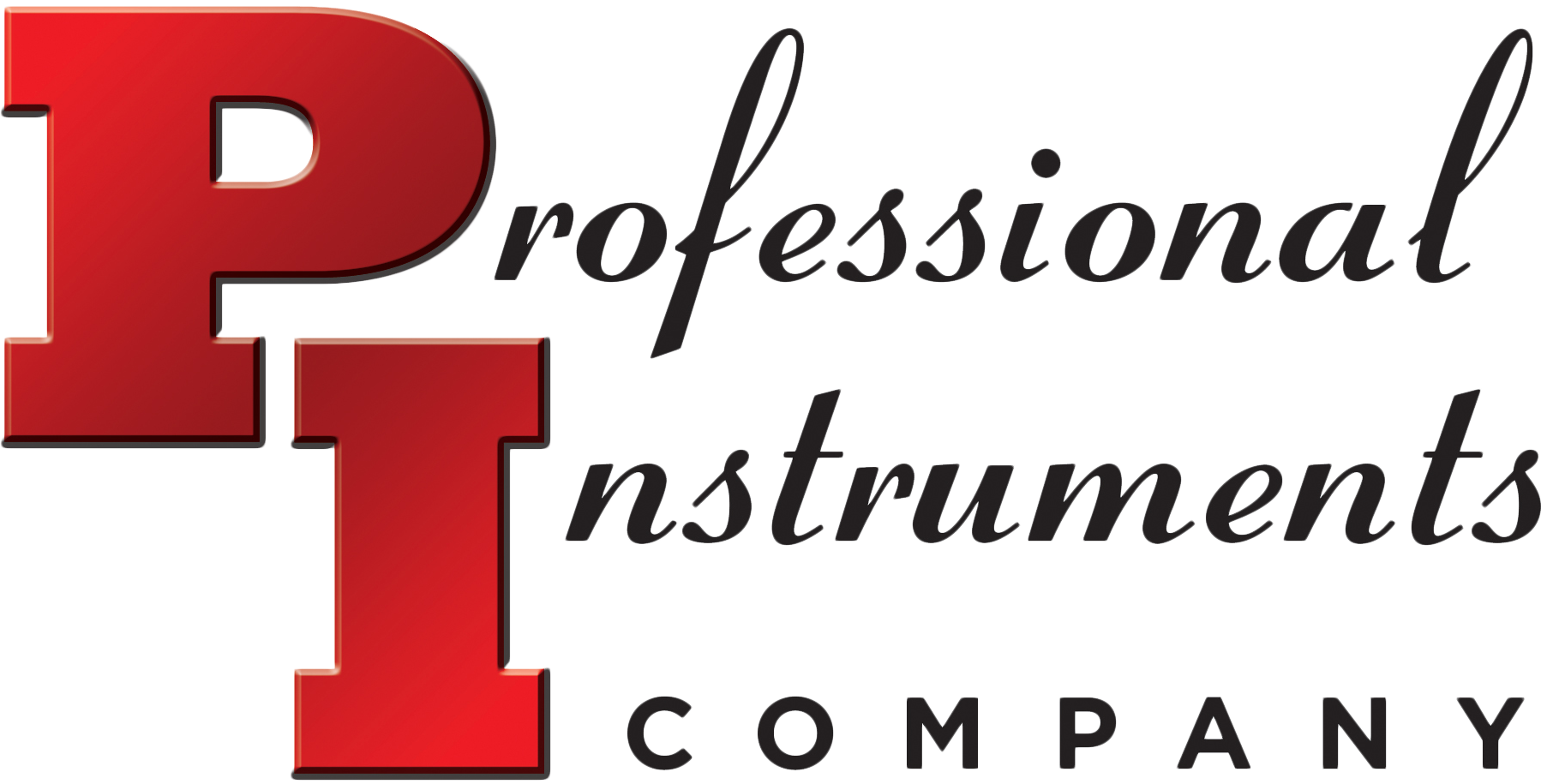
Exhibitor Drinks Sponsor
Professional Instruments Company will be sponsoring the exhibitor drinks which will be held on Wednesday 1st June 2022.

Lanyard Sponsor
Ametek Precitech will be providing the conference lanyards for our international delegates for the event.

Student Scholarships
Scholarships supported by Heidenhain GmbH are available for students or researchers registered at a recognised International Higher Education Institution.

Bag Sponsor
Moore Nanotech will be providing the conference bags for our international delegates for the event.

Welcome Reception Sponsor
Welcome reception will be held on the evening of Monday 31st May 2022.
Conference Keynotes:
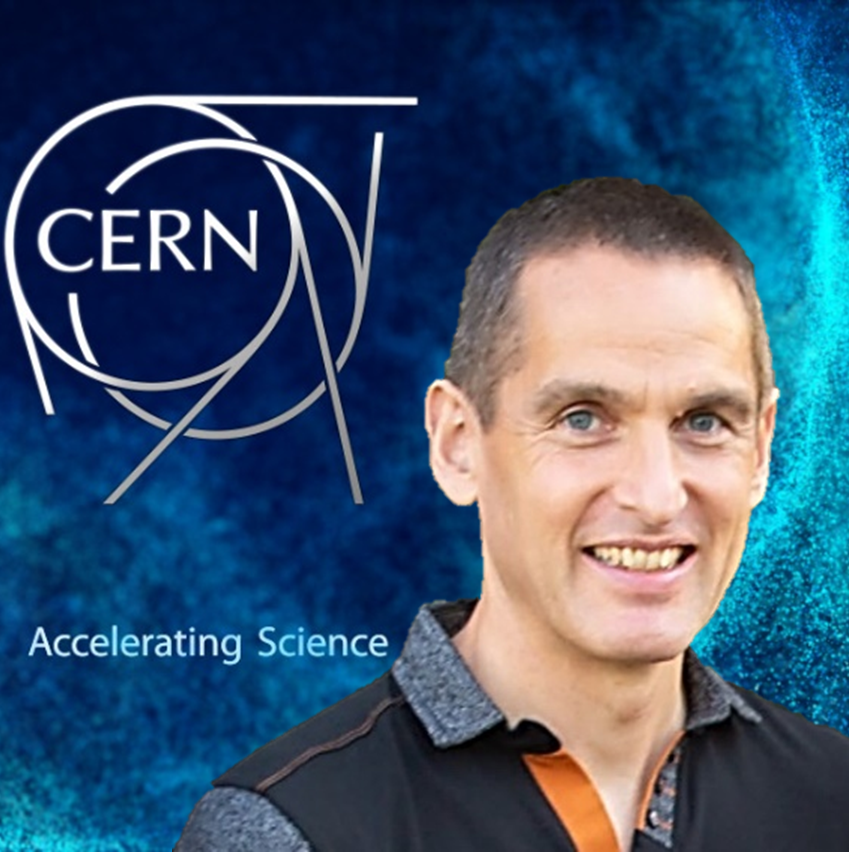
Dr. Rhodri Jones
Head of Beams Department, CERN, CH
Present and future CERN projects and their associated engineering challenges
In building the Large Hadron Collider (LHC), CERN had to overcome numerous technological challenges, breaking new ground in superconductivity, high-speed electronics, cryogenics, vacuum technology, material science and many other disciplines. This is continuing for the high luminosity upgrade of the LHC foreseen to take place in 2026-2028, aiming to increase the total amount of physics data collected by a factor of 10 compared to what is achievable with the current LHC. At the same time the ground is being prepared for a next generation of particle physics accelerators, with research and development ongoing for a 50km linear collider, a 100km circular collider, a muon collider and novel, compact plasma accelerators. All of these imply a leap forward in terms of conception and currently achievable technology, which will be the subject of this presentation.
Biography
Dr. Rhodri Jones is Head of the Beams Department at CERN, responsible for the operation of the CERN accelerator complex, the conception and design of future accelerators, accelerator control systems, and geodetic metrology and robotics for accelerator environments.
He obtained his PhD in atomic and laser physics at the University of Wales, Swansea, UK before moving to CERN in 1996 to work on developing new diagnostic systems for the Large Hadron Collider (LHC). As well as investigating novel measurement techniques for particle beam characterisation he was responsible for delivering and commissioning the beam position system for the LHC, a large, distributed measurement system essential for maintaining a good control of the LHC’s accelerated particle beams. Between 2009-2020 he headed the Beam Instrumentation Group at CERN and was active in driving forward collaboration in the domain of accelerator technology with European institutes and universities, through direct engagement and via European Union programmes. He became the Beams Department head in 2021.
Rhodri has a longstanding association with the CERN Accelerator School, regularly lecturing and animating practical courses, helping to train the next generation of accelerator physicists and engineers.
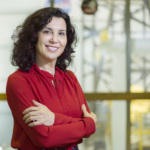
Dr. Begoña Vila
US Systems Engineer, NASA GSFC/KBR
The James Webb Space Telescope: On Orbit Commissioning to Ensure Readiness for Science Operations
The James Webb Space Telescope is the largest, most complex telescope being launched into space to date. It includes segmented folded mirrors and a folded sunshield deploying on orbit, and instruments with state of the art infrared detectors and different science capabilities operating below 45K (-378 F). A rigorous test campaign including ambient and cryogenic tests to verify the health, performance and operations readiness in the conditions it will see on orbit was completed prior to the launch.
A detailed commissioning plan starting a few days before launch and running for 6 months afterwards was developed and simulated in multiple rehearsals – it includes the first month for deployments, three months for the alignment of the mirrors, cooldown activities and two months for the calibration of all the instruments and their various observing modes. At the time of this conference JWST will be 5 months into its commissioning and almost ready for the first fully calibrated science observations of this incredible telescope.
A summary of the ground testing and commissioning planning including challenges and contingencies preparation as well as the execution up to the current time will be presented.
Biography
Dr. Begoña Vila is the lead Systems Engineer at NASA’s Goddard Space Flight Center/SGT for two of the instruments on the James Webb Space Telescope (JWST), one of them the Fine Guidance Sensor responsible for the pointing and stability of the Observatory. She is also the deputy lead for the operations of all the Webb instruments after launch.
She obtained her PhD in Astrophysics at Jodrell Bank, Manchester University, UK after her undergraduate degree in Spain. Her research included rotation curves of galaxies, nuclear galactic activity and stellar abundances observing both in optical and in radio wavelengths. She has been involved with JWST since 2006 starting in Canada under the Canadian Space Agency and moving to NASA after the flight instruments were delivered in 2012. She was the overall test lead for the final cryogenic test at Goddard for all the JWST instruments and was heavily involved in the testing completed at the Johnson Space Center cryogenic chamber that included the JWST instruments and mirrors. She is currently involved in the test activities at Observatory level at NGSS (Northrop Grumman Space Systems), and the detailed plans for commissioning and operating the instruments following the launch in 2021.
She has received various achievement awards including the NASA Exceptional Public Achievement Medal in 2016, the Premio Wonenburger by the Xunta de Galicia (Spain) in 2017, a Gallego del Año award (Spain) in 2019 and Top10 Spanish Women Leaders abroad by Mujeres&Cia in 2021.
Apart from her work, Dr. Begoña Vila enjoys outreach activities communicating with the general public on JWST, STEAM, science or other, both in English and in Spanish.
We can hear Dr Vila talking about the James Webb Space Telescope mission in Spanish here:
Dr. Thomas Sesselmann
DR. JOHANNES HEIDENHAIN GmbH, DE
Geneva´s Special Contribution to Precision Manufacturing and Metrology in Europe: A Historical Perspective
Interchangeability of parts with utmost dimensional accuracy, no matter where they were manufactured, has been the most important condition of industrial mass production – first of weapons and later of high-quality consumer goods. Europe´s developing industries of the 1860s had been suffering from the inadequacy of the various existing length standards of the time. They laid all their hope in the advances brought forward by the International Meter Convention of 1875 which agreed on a new Meter Standard to be made of a platinum alloy. It was, however, so difficult to manufacture that it took until 1887 to produce the 30 sets of prototypes for each participating country of the Meter Convention.
Industry could not wait that long. Therefore, it was a breakthrough for the manufacturing community that a Geneva enterprise, the Société Genevoise d´Instruments de Physique (SIP), managed to build the replicas of the length standard earlier than the standard itself was completed, and even in far higher numbers and from a far more sophisticated material, INVAR. Only in this way was it possible to narrow manufacturing tolerances down to a range enabling mass production of goods using automated processes.
SIP continued to dominate the world of European Precision Manufacturing for the decades to come. In 1928, SIP was the pioneer to mount length standards for position feedback as integral parts into machine tools. Hence, SIP jig boring machines have laid the foundation for the closed-loop machine tools of the highest accuracy which can be achieved in our days. Indeed, it is the Geneva of the late 19th and early 20th centuries which brought forth the high-degree of mechanical accuracy on which our modern-day products in the fields of mechanics, optics, electronics and many of the bioscience products of the future depend. As EUSPEN is meeting in Geneva this year to visit CERN, it might well be worthwhile to remind Europe´s modern-day precision manufacturing community of Europe of its local roots.
Biography
Thomas Sesselmann (Dr. rer. nat., Dipl.-Phys.) is Chairman of the Supervisory Board of DR. JOHANNES HEIDENHAIN GmbH in Traunreut, Germany. He moved into this position in 2019, after 31 years of active duty for HEIDENHAIN, 24 years thereof as a Managing Director. Since 1996, he had been involved in the founding process of EUSPEN and became one of the founding members in 1999. Since 2000, he has been a Member of the Advisory Board of PTB, the German Metrology Institute.
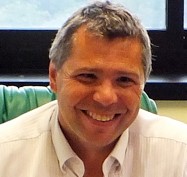
Prof. Darwin Caldwell
Italian Institute of Technology (IIT), IT
Robotics, AI and assistive technologies for precision medicine
Biography
Darwin G. Caldwell, FREng, is Deputy Director of the Italian Institute of Technology (IIT), where he was also the founding Director of the Department of Advanced Robotics. The humanoid and quadrupedal robots: cCub, COMAN, WalkMan, HyQ, HyQ2Max, HyQ-Real and Centauro were all developed in his Department. Prior to this he had worked on the development of the iCub. Caldwell is an Honorary Professor at the University of Manchester, the University of Sheffield, the University of Bangor, Kings College University of London, all in the U.K., and Tianjin University, and Shenzhen Academy of Aerospace Technology in China. His current research interests include humanoid and quadrupedal robotics, innovative actuators, force augmentation exoskeletons, dexterous manipulators, Telepresence and haptics, and medical, surgical and rehabilitation robotics. He is the author or co-author of over 500 academic papers, 20+ patents, and has received awards and nominations from over 40 international journals and conference. Prof. Caldwell has been a fellow of the Royal Academy of Engineering (UK National Academy) since 2015.


